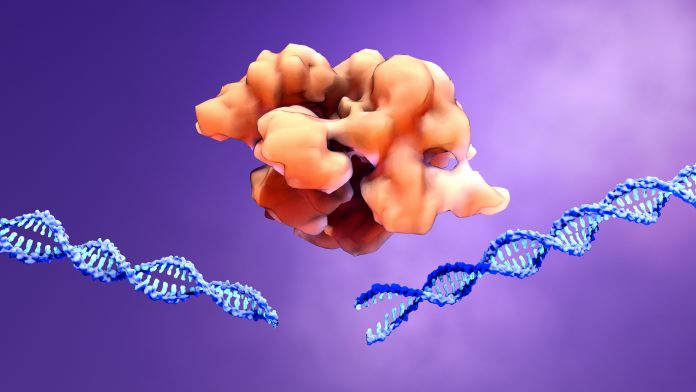
by admin | Nov 14, 2024 | Bernie Siegel’s WORLD STEM CELL SUMMIT BLOG, News and Opinions
by International Society for Stem Cell Research – MedicalXpress – When thinking about the immune system, most people think about B and T cells and how they can be trained to recognize pathogens, preventing re-infections. Besides this adaptive immune...

by admin | Nov 13, 2024 | Bernie Siegel’s WORLD STEM CELL SUMMIT BLOG, News and Opinions
By Healio News – Top-line results of a phase 2 clinical trial for an adipose-derived autologous mesenchymal stem cell therapy to address mild to moderate relapsing-remitting MS found the treatment improved mental and physical health at 52 weeks. According to a...

by admin | Nov 12, 2024 | Bernie Siegel’s WORLD STEM CELL SUMMIT BLOG, News and Opinions
By UNH Manchester – The University of New Hampshire at Manchester has been awarded $10 million to lead workforce development efforts within the ReGen Valley Tech Hub, an initiative aimed at establishing Southern New Hampshire as a global leader in...

by admin | Nov 11, 2024 | Bernie Siegel’s WORLD STEM CELL SUMMIT BLOG, News and Opinions
By Inside Precision Medicine – U.S. researchers have shone further light into the precise way that CRISPR/Cas9 gene editing actually works and circumvents unintended off-target effects, which could lead to more accurate cellular therapies. The preclinical...

by admin | Nov 8, 2024 | Bernie Siegel’s WORLD STEM CELL SUMMIT BLOG, News and Opinions
by Mrigakshi Dixit – Interesting Engineering – Think of a future where injuries heal faster, diseases are cured more effectively, and lab-grown meat is a reality. This future is one step closer, thanks to the innovative work of Dr. Hao Liu from ETH Zurich....

by admin | Nov 7, 2024 | Bernie Siegel’s WORLD STEM CELL SUMMIT BLOG, News and Opinions
by Andrew Saintsing, PhD – Drug Discovery News – When the world ground to a halt in 2020, news outlets regularly featured stories about how COVID-19 wreaked havoc on patients’ lungs. In millions of cases, an initial cough developed into full-blown...







